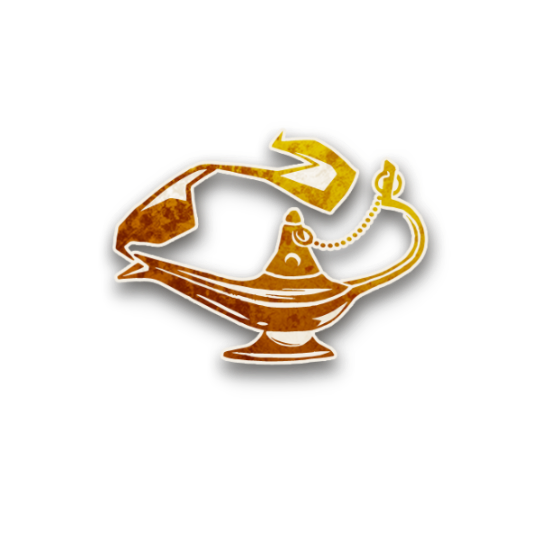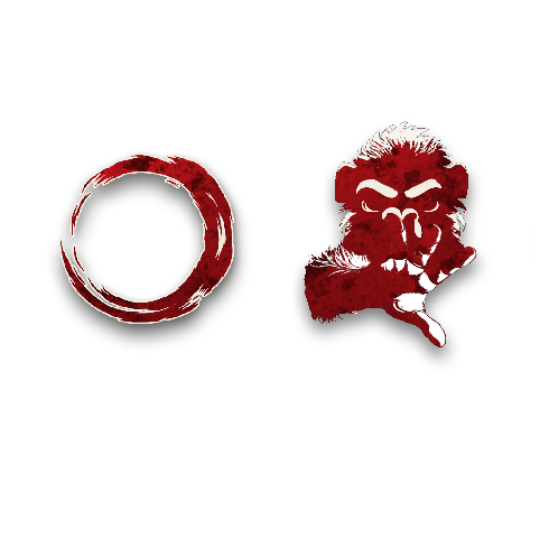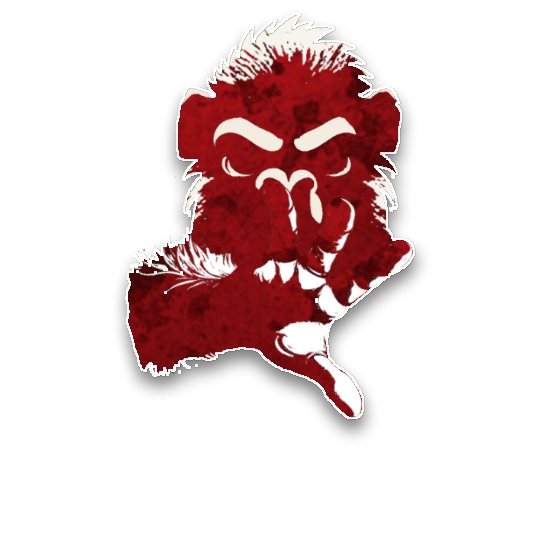
Nocker
A player babysits Nocker & their ability is now: "Each night*, choose a player: they die." If the babysitter is chosen at night another living evil player babysits. [+1 Minion]
“AYES SEEEN IT! Down in da mines! Runs shaway when ye make too much noise, but ayes I seen it. None of ye' beleeve ol Tommy ... none of ya' ever but it was a - NO! NO LISTEN!”
The Nocker is a friendly spirit that lives in the mine and wishes to deal with those that have been causing you sorrow, but runs away when it hears anyone else approaching.
On the first night, the Storyteller will choose a (presumably Evil) player to babysit the Nocker. This player is now "the Demon" and will receive Demon info regardless of their true character type.
Functionally, the Nocker is a hybrid of the 'Imp' and 'Lil' Monsta'. In comparison, it is babysat like Lil' Monsta but rather than evil team choosing where to hide it every night, it wanders about on its own, fleeing whenever another player mechanically interacts with the babysitter by choosing them in the night. As an upside, however, the Nocker does follow the babysitter's choice of kills.
The Nocker directly overwrites the host's ability for as long as they are babysitting it. Their normal ability is lost and is replaced with the standard Demon rider of "Each night*, choose a player: they die." This means that a Spy no longer sees the Grimoire or misregisters, a Wendigo no longer has the simulated abilities of the character it "thinks" it is, and an Evil Lickspittle can no longer change characters (at least until they ditch the Nocker, that is).
When the Nocker retreats to another Evil player, the storyteller does not need to distinguish between Minions and Evil Townsfolk (or even Evil Outsiders). While an Evil Townsfolk is less likely to be "in touch" with who the rest of the Evil team is and vice versa, that is all part of the benefit of the Lickspittle's ability (or, alternatively, the cost of the Summoner not communicating with the player they chose).
While a player is babysitting the Nocker, its replacement ability of "Each night*, choose a player: they die" becomes the babysitter's ability for all other abilities that would make the distinction. For example, should the babysitter select the Goon in the night before any other player, the babysitter will still turn the Goon Evil, become drunk, and the kill will still fail to go through as even though the Nocker is not drunk, the player that it gave the ability to is. Likewise, should a Chambermaid target a babysitter who woke in the night to the Nocker's ability at a point in which the Nocker has lost the ability to flee, the Chambermaid will register that player as having woke in their night to their own ability as when they woke in the night to the Nocker ability that was their own ability (and, conversely, if the Nocker was able to flee from the Chambermaid ability during a night in which the babysitter had lost their original ability when they would have otherwise woken up, the Chambermaid would register that player as not waking to their own ability as the ability that is currently theirs did not wake them). This all being said, it is one unique ability that is continually generated by the Nocker, and when the Nocker moves that ability does not disappear (it merely changes the player with whom ownership is attributed) and does not wake again that night.
Should the player choose to kill themself in the night they will succeed in doing so barring any relevant protection ability, but their selection of themself will trigger the Nocker's fleeing and the Nocker will safely move to another player (if there is another such living Evil player to flee to). In this way, the Nocker has a functional version of the Imp's "star-passing" ability. Despite the fact the player loses the ability that kills them before the kill resolves, the ability still exists as it is preserved by the Nocker and the ability finishes resolving (mechanically, it is the player that the Nocker passed to that kills them). On a rules-level, this occurs because the ability granted by the Nocker to players, while it becomes "their ability", is the same ability as kept track of by the game (just with the player it is tied to changing); it is for this same reason that after passing the Nocker in this way, the new Nocker does not have the opportunity to utilize "their" Nocker ability - it is the same ability and it was already awoken in the night order.
A player who is chosen by the Summoner to become the Nocker will simply turn evil and begin babysitting the Nocker. Their actual role will not change.
Examples
• The Summoner chooses the good Fur Trader to become the Nocker. The good Fur Trader becomes the evil Fur Trader and begins babysitting the Nocker. The Nocker does not flee as the babysitter was only chosen at a point in time before the Nocker existed. The Fur Trader loses its ability as long as it is babysitting the Nocker, and any Townsfolk that currently think they are Outsiders will wake for their choices and information in the night as usual (which may be detrimental for the evil Fur Trader).
• The Nocker is being babysat by the Wendigo. The Gambler picks the Wendigo in the night, guessing "Wendigo". The Nocker immediately flees to the Survivalist before the Gambler's ability finishes, and the Gambler lives because they guessed correctly. The Wendigo is then woken and chooses the Survivalist with their simulated Ropemaker ability in the night. The Nocker then flees back to the Wendigo. The Wendigo then makes the Nocker's kill.
• The Nocker is being babysat by the Spy. At night, the Spy chooses themself, the Spy dies, and the Nocker flees to the Evil Lumberjack. The Evil Lumberjack learns this at the end of the night.
• The Nocker is being babysat by the Evil Lumberjack. The Dreamer chooses the Evil Lumberjack in the night. There are no more other living Evil players, so the Nocker does not flee.
How to Run
At the start of Night 1, choose a (presumably Evil) player to babysit Nocker. Whenever the player babysitting the Nocker is chosen at night by any player, move the Nocker to another Evil player if possible and inform the players of this change. Treat whichever player is babysitting the Nocker as an Imp that registers as the Drunk, ignoring whatever ability they would otherwise have when they were not babysitting the Nocker.
The  good news is the Nocker does a lot to help insulate your team from the Dreamer, the Sheriff, and arguably even the Quickdraw and Chambermaid. The bad news is that if you're not controlling where it goes, the most vulnerable player on the Evil team might end up with it and lose you the game. If that's you, maybe you shouldn't even hesitate before taking yourself out and passing the Nocker back (you might even confuse a Ropemaker on your way out). If that's another player ... maybe things would be better if you whinnied the Evil team down a little bit.
good news is the Nocker does a lot to help insulate your team from the Dreamer, the Sheriff, and arguably even the Quickdraw and Chambermaid. The bad news is that if you're not controlling where it goes, the most vulnerable player on the Evil team might end up with it and lose you the game. If that's you, maybe you shouldn't even hesitate before taking yourself out and passing the Nocker back (you might even confuse a Ropemaker on your way out). If that's another player ... maybe things would be better if you whinnied the Evil team down a little bit.
If  the Nocker starts the game in play, logically speaking at least one of the Spy, the Wendigo, the Survivalist, or an Evil Townsfolk must as well (the Summoner and the Nocker cannot simultaneously start the game in play, and the Nocker's [+1 Minion] ensures that even if the Lunger is in play so must be one of the aforementioned characters). It is recommended to start the Nocker with either the Spy or the Survivalist. If neither the Spy or the Survivalist are in play, this means that the Nocker will need to start with either the Wendigo or an Evil Townsfolk (unless the Storyteller chooses to start the Nocker on a good player and hope that they assume they are the Wendigo, which is mechanically permissible but not recommended); if neither the Spy or the Survivalist are in play, starting the Nocker on either the Wendigo or the Evil Townsfolk is fine (we just default to avoiding them to preserve the Wendigo's self-uncertainty and part of the Lickspittle's benefit respectively, although the former is more important on players who are not actually the Wendigo anyways, and the latter is less of an issue when none of the remaining Minions will be capable of directly learning the Evil Townsfolk anyways).
the Nocker starts the game in play, logically speaking at least one of the Spy, the Wendigo, the Survivalist, or an Evil Townsfolk must as well (the Summoner and the Nocker cannot simultaneously start the game in play, and the Nocker's [+1 Minion] ensures that even if the Lunger is in play so must be one of the aforementioned characters). It is recommended to start the Nocker with either the Spy or the Survivalist. If neither the Spy or the Survivalist are in play, this means that the Nocker will need to start with either the Wendigo or an Evil Townsfolk (unless the Storyteller chooses to start the Nocker on a good player and hope that they assume they are the Wendigo, which is mechanically permissible but not recommended); if neither the Spy or the Survivalist are in play, starting the Nocker on either the Wendigo or the Evil Townsfolk is fine (we just default to avoiding them to preserve the Wendigo's self-uncertainty and part of the Lickspittle's benefit respectively, although the former is more important on players who are not actually the Wendigo anyways, and the latter is less of an issue when none of the remaining Minions will be capable of directly learning the Evil Townsfolk anyways).
Looking  to get a feel for the Nocker character in isolation? Feel free to play around with it free from other Bootleg characters in its hidden showcase script: https://botc-scripts.azurewebsites.net/script/7214
to get a feel for the Nocker character in isolation? Feel free to play around with it free from other Bootleg characters in its hidden showcase script: https://botc-scripts.azurewebsites.net/script/7214
Demon



 would be well advised not to select the Summoner and one of their good neighbors who is aware of their own character (as that may well get the Summoner killed quickly).
would be well advised not to select the Summoner and one of their good neighbors who is aware of their own character (as that may well get the Summoner killed quickly).
 Economics has 3 different Demons with 3 different waking patterns (to the degree that the 3rd demon can even be said to have a consistent "waking pattern"). It behooves the Chambermaid to figure out which Demon is in play, than, to best evaluate their information.
Economics has 3 different Demons with 3 different waking patterns (to the degree that the 3rd demon can even be said to have a consistent "waking pattern"). It behooves the Chambermaid to figure out which Demon is in play, than, to best evaluate their information.
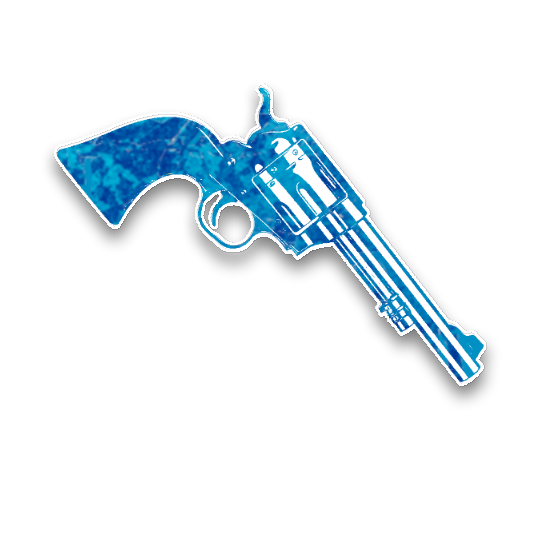

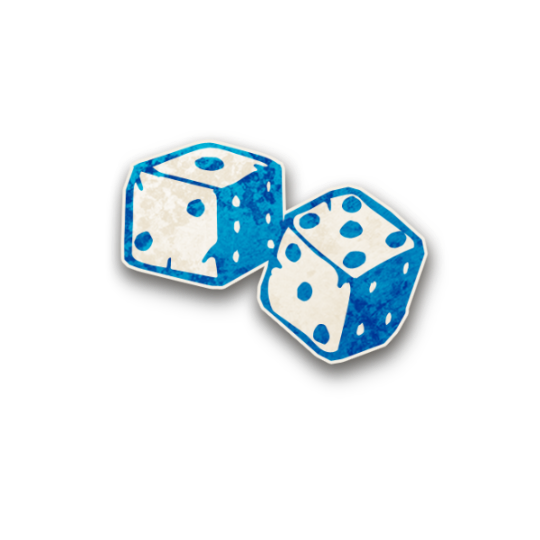
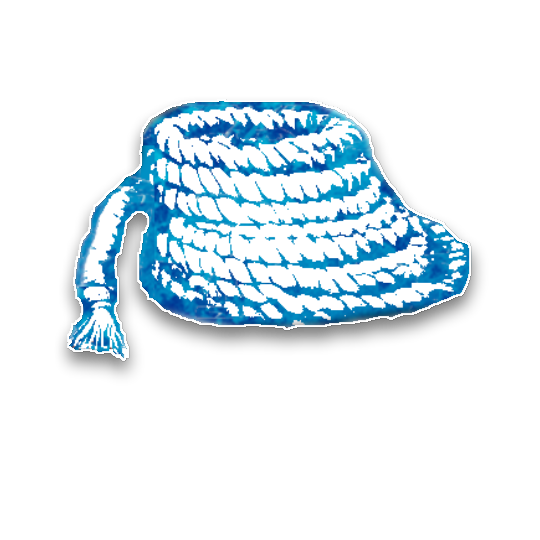













 does the Spy have a different icon on this script?" It's the Spy. It can have whatever icon it wants, that's the whole point of being the Spy.
does the Spy have a different icon on this script?" It's the Spy. It can have whatever icon it wants, that's the whole point of being the Spy. 



 a purely flavor-level, why does one of the Lungers become Evil? Good, Evil, Young, Old, Prince, or Pauper, Tuberculosis does not discriminate. Also, it's still, you know, a Minion. (As mentioned above, not the player, the Disease.) The real Minion is the Disease and we're letting it pick where it manifests with all its usual capriciousness.
a purely flavor-level, why does one of the Lungers become Evil? Good, Evil, Young, Old, Prince, or Pauper, Tuberculosis does not discriminate. Also, it's still, you know, a Minion. (As mentioned above, not the player, the Disease.) The real Minion is the Disease and we're letting it pick where it manifests with all its usual capriciousness.


 to get a feel for the Nocker character in isolation? Feel free to play around with it free from other Bootleg characters in its hidden showcase script:
to get a feel for the Nocker character in isolation? Feel free to play around with it free from other Bootleg characters in its hidden showcase script: 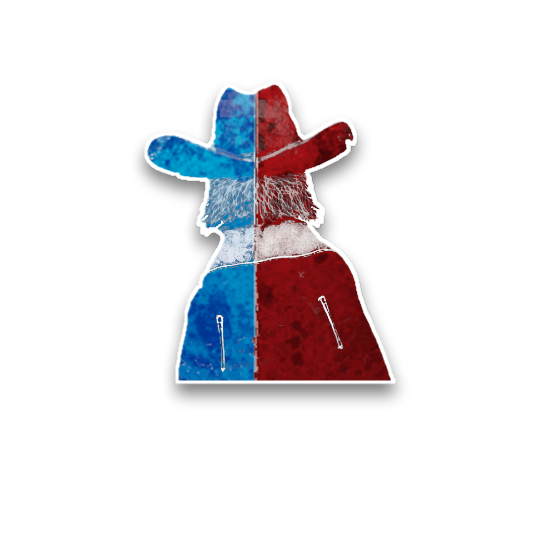





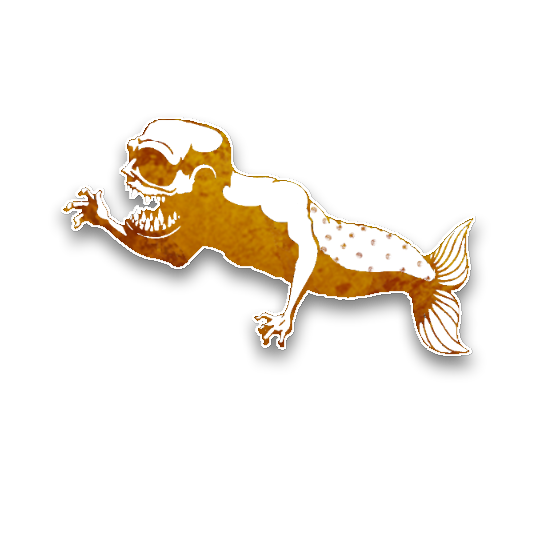
 of the creation of this script (2025), the "mermaid" alluded to by the token art can currently be found at Pier 54, 1001 Alaskan Wy, Seattle, WA.
of the creation of this script (2025), the "mermaid" alluded to by the token art can currently be found at Pier 54, 1001 Alaskan Wy, Seattle, WA.
